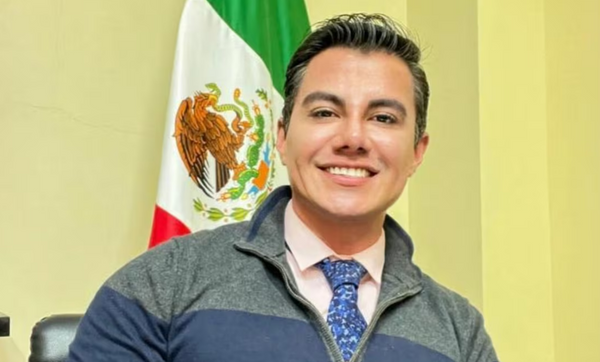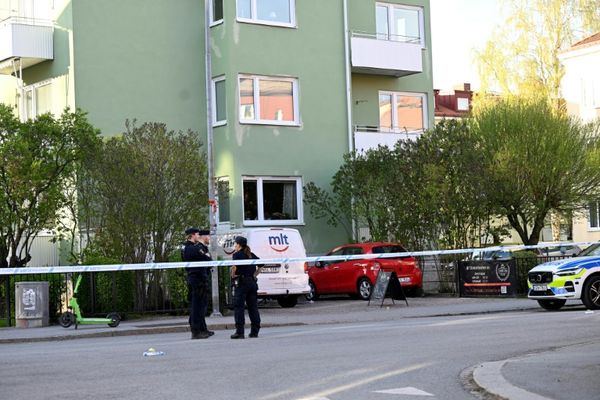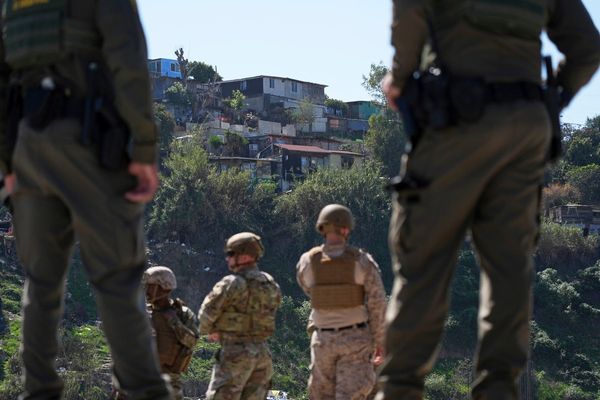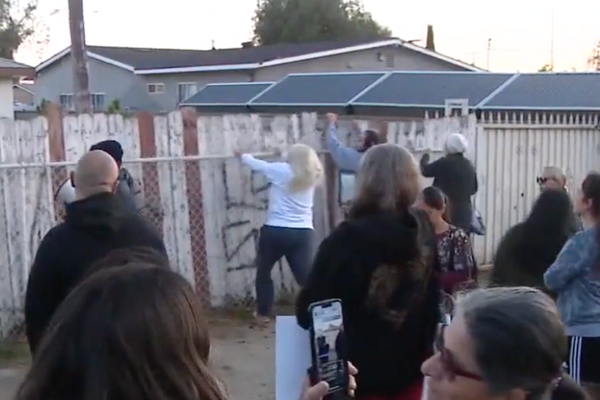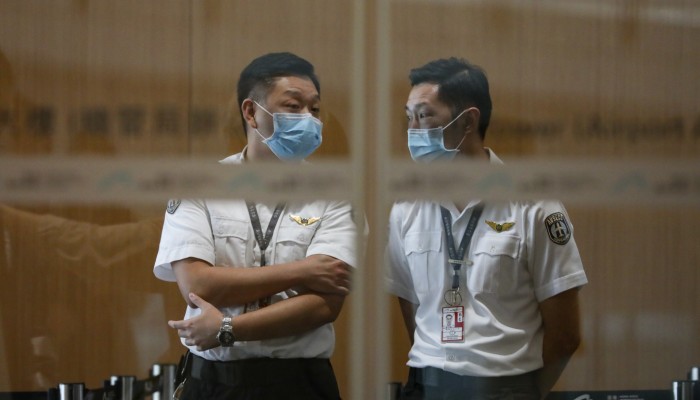
An outbreak of measles that has infected thousands of people across Asia and continues to spread, is sparking concerns in Hong Kong about the preparedness of travellers, especially over the recent Easter holiday.
A growing number of cases recorded in Hong Kong over the last four months, including a cluster of cases at the city’s international airport, has put local health authorities on high alert.
The Hong Kong Centre for Health Protection, which is under the Department of Health, says 67 cases of measles were recorded in the city between the end of December, last year, and April 20. Among those stricken with the virus were 29 workers at Hong Kong International Airport. The index patient is believed to be a 41-year-old Cathay Pacific pilot returning from the Philippine capital, Manila.
The group of airport cases is bigger than any viral cluster that was seen in Hong Kong during the outbreak of severe acute respiratory syndrome (Sars) in 2003, which caused 1,755 infections in total, resulting in 299 deaths. So far, however, there have been no measles-related deaths recorded in Hong Kong, this year.
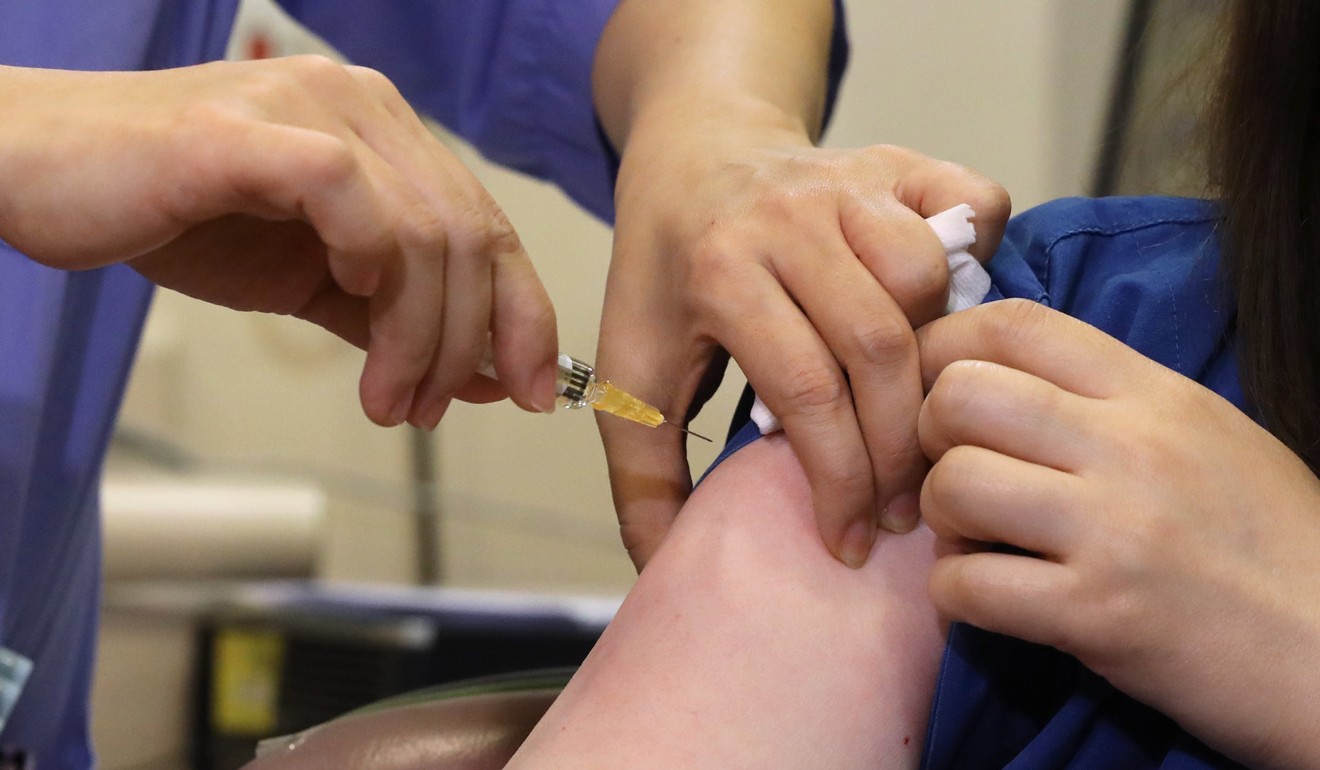
Dr Takeshi Kasai, World Health Organisation (WHO) regional director for the Western Pacific, which includes Hong Kong and China, is concerned about the significant spike in Asian measles cases seen since last year, particularly in the Philippines. A number of cases have also been seen in Taiwan, Indonesia, Malaysia and Japan.
“So far this year, the Philippines has reported 23,000 cases with 333 deaths – already more than all of last year,” Kasai says.
As the traditional Easter holiday week draws to a close, Philippine senator Joseph Victor “JV” Ejercito, son of Manila mayor Joseph “Erap” Estrada and an ally of President Rodrigo Duterte, called on Filipino domestic workers who live in Hong Kong, or are returning to the city, to get vaccinated.
Ejercito, chairman of the senate health committee and principal sponsor of the country’s Universal Health Care Law, enacted in March, says in a statement to the Post: “Now, more than ever, [overseas foreign workers] should strictly comply with vaccination requirements.”
The law mandates that all Filipinos should be covered by the National Health Insurance Programme, but does not protect workers who fall ill abroad. Vaccination would protect the workers, but also prevent them from carrying the measles virus back to their place of work.
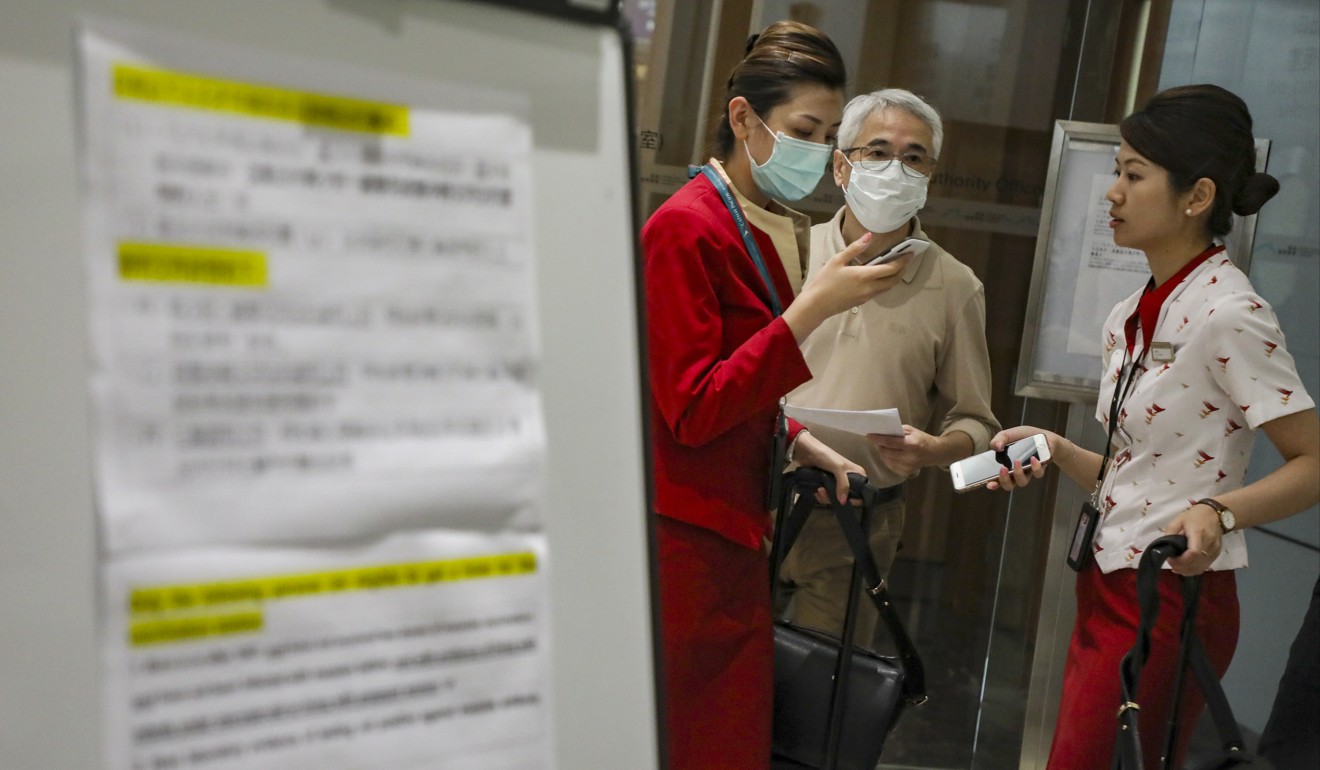
Of the 67 Hong Kong cases, seven were Philippine nationals who came down with the virus on their return to the city but are not among the airport cluster, according to the Department of Health, which has classified them as “imported cases”. They include five women aged 26 to 40, and two men aged 17 and 41. Three of them said they had not been vaccinated against measles, while the other four did not know their status.
Since March 23, the department has been offering measles shots to airport workers.
A lack of public awareness about the importance of vaccination revealed by a recent study has prompted the newly established Hong Kong Society for Travel Medicine to call on the government to consider deploying professionals to help in public health education.
The society’s president, Alex Leung Ka-wai, says his group and the Society of Hospital Pharmacists recently commissioned the University of Hong Kong’s faculty of medicine to conduct a survey of Hongkongers’ awareness of the need for vaccinations before an overseas trip, and what drugs they should take along.
“In the survey, 60 per cent said they were not aware they needed vaccinations before travelling. Even if they did, they chose not to,” Leung, a London-based pharmacist, says.
According to Kasai, measles is the most contagious human disease, and is adept at spreading among even small groups of people who are not immune.
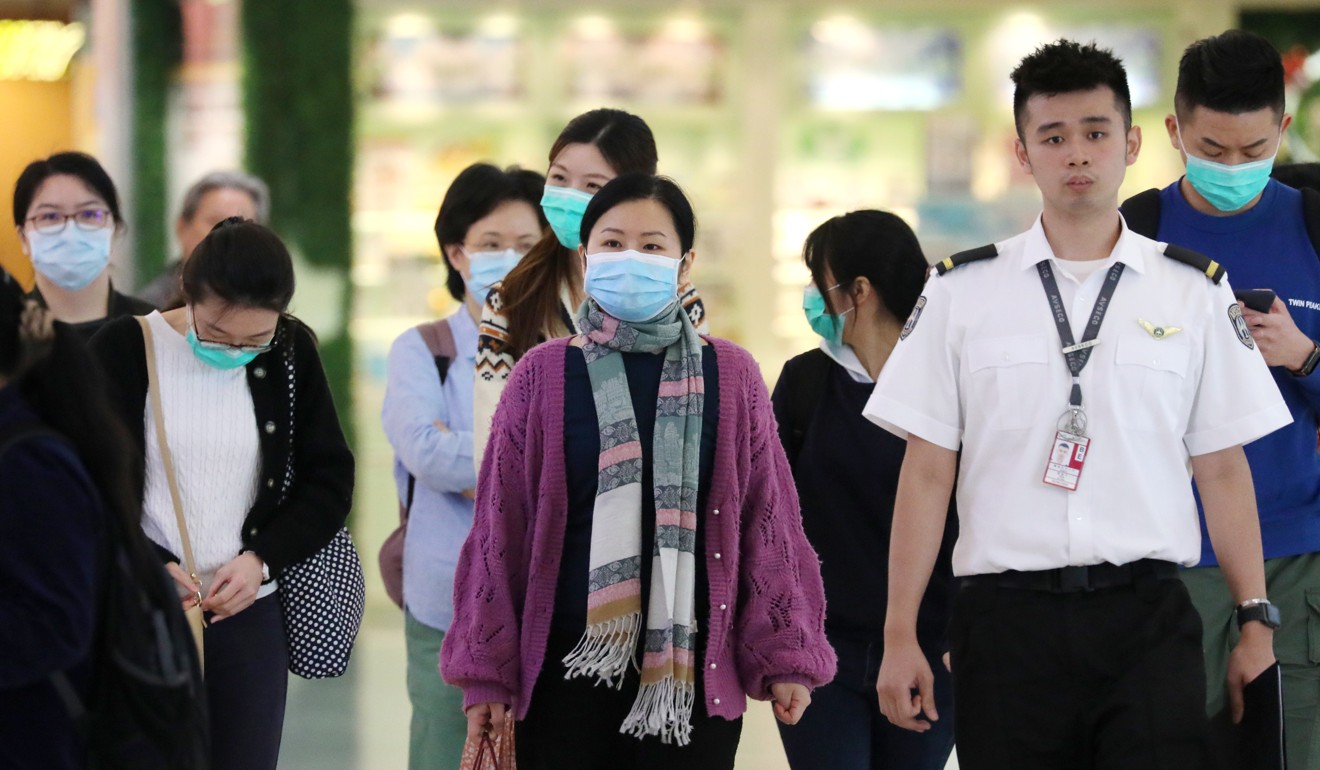
“Everybody should be vaccinated in all countries, whether or not they have achieved elimination, according to WHO guidelines. For a community to be protected, at least 95 per cent of children must receive two doses of measles vaccine,” he says.
Dr Wong Ka-hing, controller of Hong Kong’s Centre for Health Protection, earlier told the Post that most of the city’s residents had been immunised against measles, especially the younger generation. He added that those born since 1985, and who had attended primary school in Hong Kong, were likely to have had both doses of the vaccine.
Dr Jose Hagan, of the Expanded Programme on Immunisation at the WHO regional office in Manila, told the Post that Hong Kong was considered to have eliminated measles in 2016. This was verified by the WHO in 2018 when it cited the city “as having sustained this elimination status despite constant risk of importation through travellers from endemic countries”.
“The population of Hong Kong, overall, has a very high level of protection through measles-mumps-rubella vaccination,” Hagan says.
However, the city is home to a large migrant population from around the world, especially China, and it is not known how many would have been vaccinated.
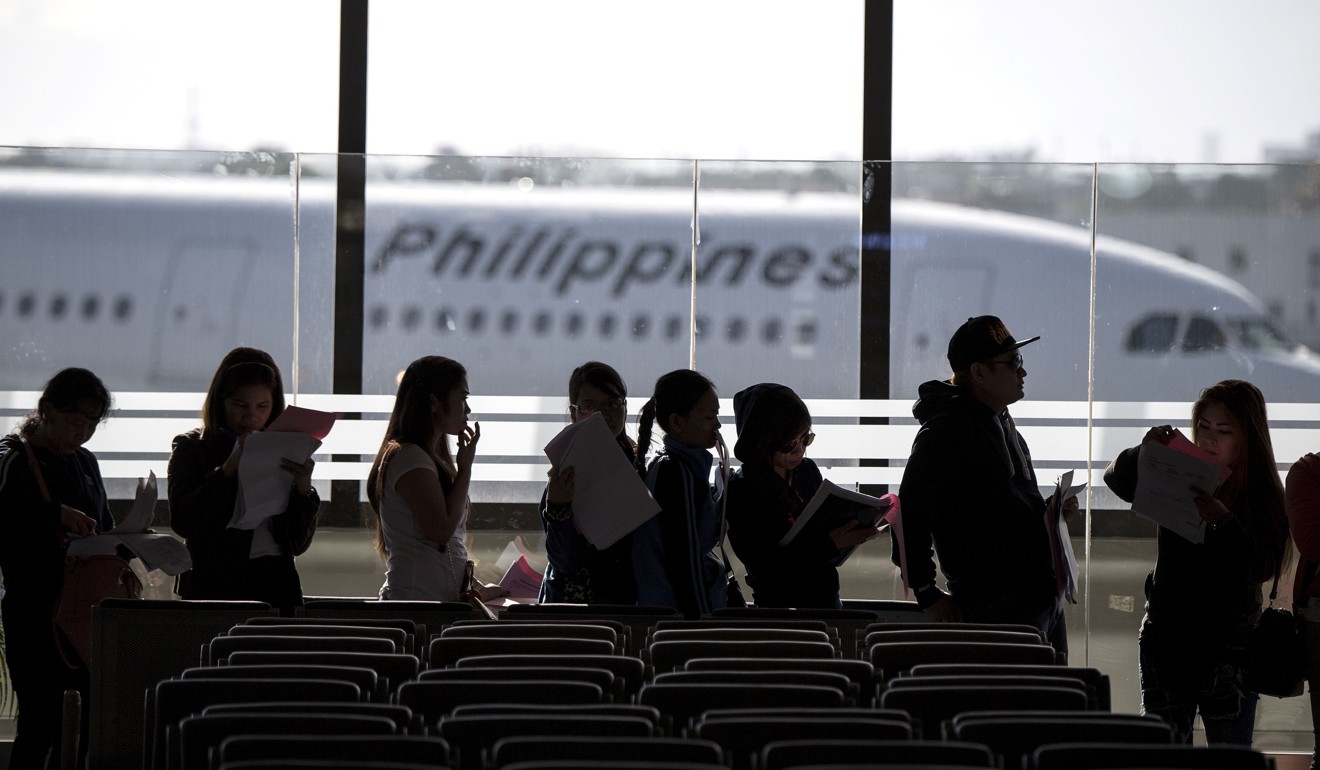
A Department of Health spokeswoman says it’s clear that the measles epidemic is still developing. “We expect that the outbreak will continue for a period of time,” she says.
A hotline has been set up by the Centre for Health Protection (2125 1122) and had received 3,223 calls as of April 18.
A staff member manning the hotline advised the Post that parents with babies and preschoolers should avoid the Hong Kong airport, and recommended those with babies under a year old not to visit the Philippines.
When asking for vaccination advice for children, Hagan says there are several “technical considerations [when deciding at what age a child should receive their] first dose, but WHO recommends that measles-containing vaccine is both safe and effective for infants as young as six months of age”.
He adds that an “unintended consequence of the success of the vaccination programme” in the city, is that Hongkongers take getting measle shots for granted.
